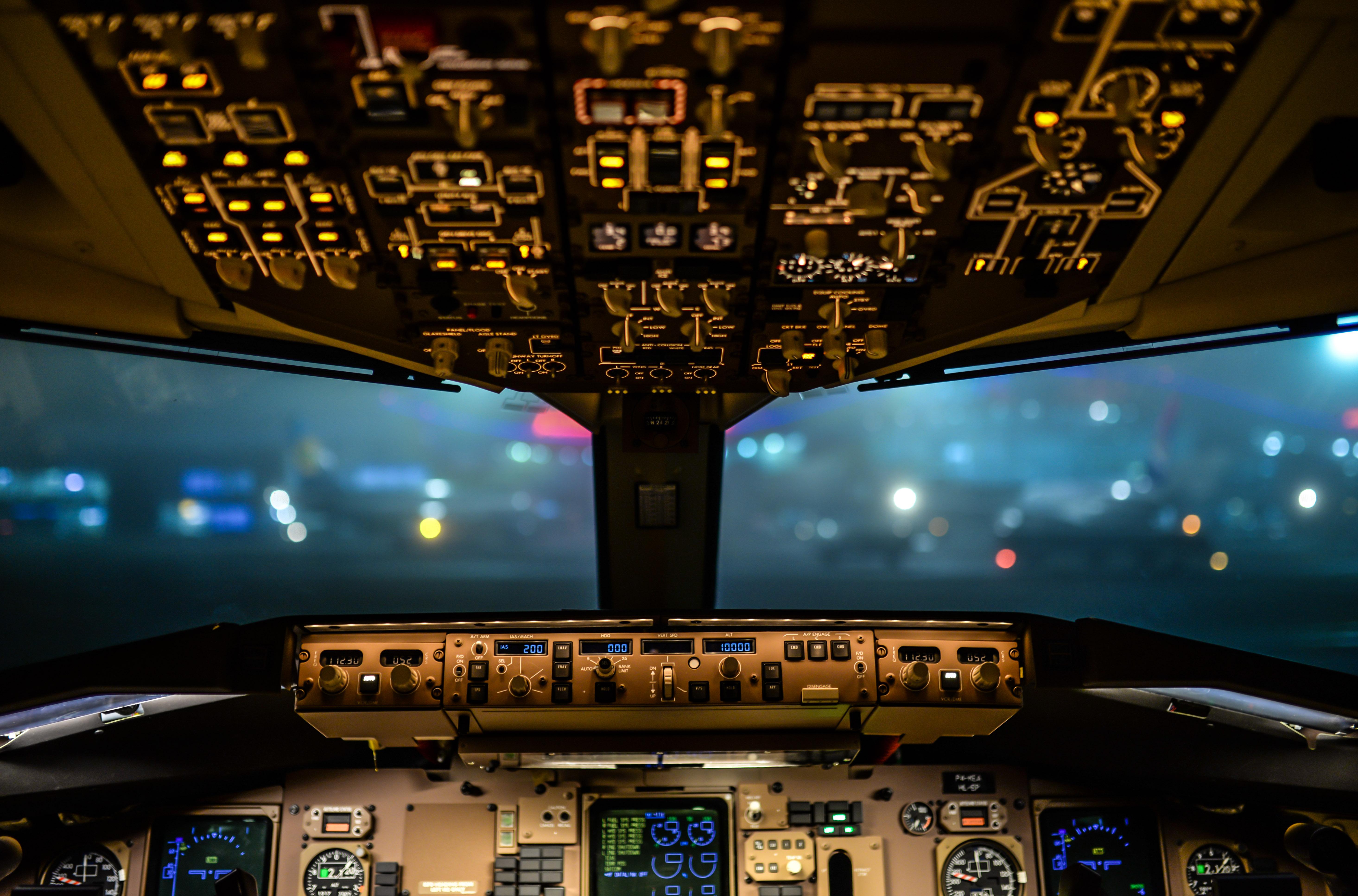«Reducing the intervention of human pilots on aircraft could bring material economic benefits and improve safety,» a UBS note said.
The bank stated that there could be a material profit opportunity of over $35 billion per year for the aerospace and aviation industry.
A recent UBS Evidence Lab Survey of 8,000 people however showed that 54 percent of participants were reluctant to take a pilotless flight.
Pilotless planes could not only be a future method of transport, but an economically-beneficial one too, according to new research by Swiss bank UBS which claims that they could save airlines billions of dollars.
«Reducing the intervention of human pilots on aircraft could bring material economic benefits and improve safety,» UBS analysts wrote in a note published Monday.
In terms of material economic benefits, analysts from the bank stated that there could be a material profit opportunity of more than $35 billion per year for the aerospace and aviation industry.
To uncover these savings, UBS suggested that the sector would have to look at a number of elements, including how airlines could benefit from lower operating and training costs, reduced fuel costs and insurance premium costs. Overall, the Swiss bank said that there could be $26 billion in pilot cost savings for commercial airline firms alone.
«The opportunity, we believe, would be dependent on the timing of the roll-out of pilotless planes and we think it is likely we would initially see cargo the first subsector to adopt new related technologies, with the number of pilots falling from two to one and eventually from one to none,» the note said.
Already, commercial aircrafts use computers and technology on-board to assist in a number of functions, including the autopilot system…



